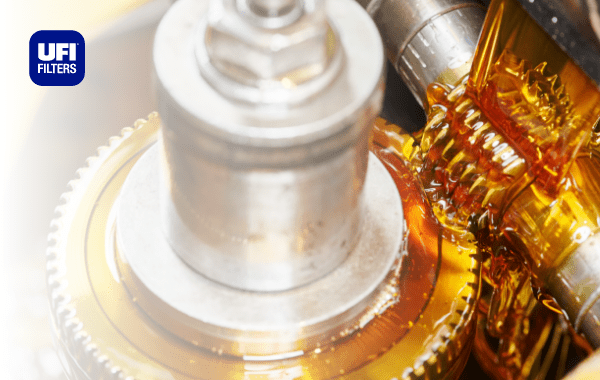
Too little is said about the importance of proper fluid filtration in industrial equipment.
All the more so when considering various research in the field that confirms that 50 to 70 percent of equipment failures are related to inadequate hydraulic oil conditions.
In fact, proper fluid filtration is increasingly becoming a critical factor for many industrial sectors and applications, both to avoid possible failures or unplanned shutdowns of machinery and tools and to extend the life of plant components and oils used for lubrication, with a view to improving the impact from an environmental point of view as well.
Therefore, proper plant maintenance, as well as the choice of quality filtration and lubrication products, are crucial and unavoidable factors in the life of each plant.
What is the function of oil in the hydraulic system?
In the industrial sector, such as in machining, lubricating and cooling fluids are used to facilitate sliding between surfaces, reduce friction, dissipate generated heat, and protect the system from weathering and corrosive attack so as to reduce wear on tools and equipment during machining.
Each machine, depending on the industry and on the application, has its specific oil lubrication and cleaning requirements that are defined by each manufacturer.
Positive effects of proper fluid filtration
The most common applications in which the use of contaminant-free lubricants or coolants is essential are the machining of metallic materials, such as grinding, lapping, sharpening, but also applications involving closed-loop hydraulic systems, such as power packs, hydraulic cylinders, gearboxes, presses, operating machines, or heat treatment plants (which use cooling fluids), but also steel mills, extrusions, turbines or paper mills.
The main effects of proper fluid filtration, both in the industrial sectors listed above and in all those sectors that use hydraulic systems to generate power, are:
- The proper operation of the system over time, ensuring a constant degree of fluid filtration, as prescribed by the machine manufacturer;
- The quality and efficiency of the fluid, ensuring precision and finish of machined parts,
- The lengthening of the life of the fluid itself, resulting in a positive impact on the disposal of these substances, which, if not properly filtered, must be replaced before they have reached their effective end of life;
- The lengthening of the life of machinery, thanks to the reduction of wear and tear of the various components due to good and constant lubrication; in fact, hydraulic fluid acts as a bearing between moving components, avoiding metal-to-metal contact.
In summary, a proper fluid filtration play a decisive role in ensuring constant operation, energy savings and long machinery life, all of which help to reduce maintenance costs and increase productivity, with the goal of maximising machinery investment.
Adequate oil filtration can therefore achieve greater plant sustainability and reduce operating and disposal costs of the fluid and components.
For this reason, it becomes increasingly strategic to choose the supplier of the filtration system for your plant, who must not only be able to provide good quality filters and spare parts, capable of guaranteeing consistent performance over time, but who can at the same time provide proven experience, even better if many years, in the field of oil filtration.
The UFI Filters Hydraulics Team, thanks to its 30 years of experience in the hydraulic filtration sector, is always available to identify the most suitable filtration solution for the specific characteristics of the oil used and the individual system.
For any clarification and in-depth information, please contact our Staff.